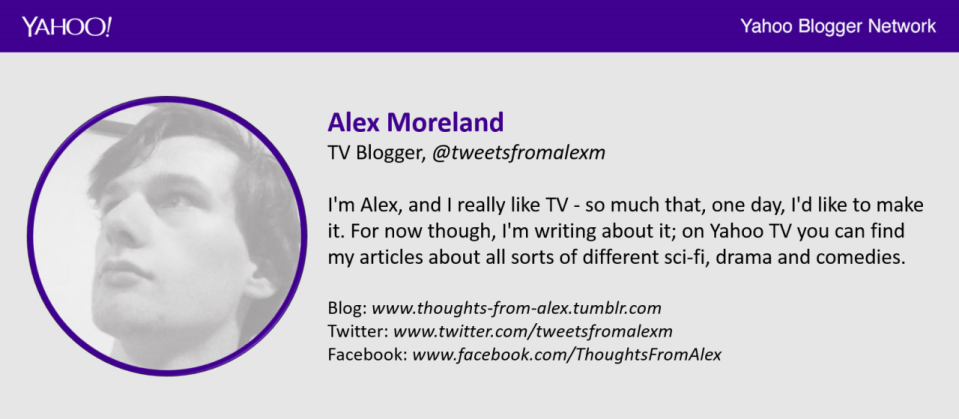Jessica Jones - Why Kilgrave is Marvel’s Best Villain


One complaint that’s levelled at Marvel Studios - quite frequently, in fact - is the relative weaknesses of their villains. It’s a fair stance to take, admittedly; within the limited runtime of a movie, there’s not necessarily much time to devote to the development of a villain – and even then, it’s usually the more sensible choice to focus more on the protagonist, particularly given that these superheroes are all going to be showing up in various different movies down the line. Essentially, there’s always been a pressing need for the heroes to function as developed characters that hasn’t exactly been true of the villains.
However, no one has ever accused the television side of Marvel Studios of having weak or underdeveloped villains. That makes sense, of course; a television show doesn’t face the same restrictions in runtime that a movie does. Agents of SHIELD has around 20 hours a year to work on their villains, and the Netflix shows 13; it’s these characters, rather than the ones from the movies, who have the most screentime in the MCU.
Accordingly, then, it’s characters like Grant Ward or Wilson Fisk who are amongst the best of the Marvel villains – and a large part of that is down to screentime. The first series of Daredevil is as much Wilson Fisk’s story as it is Matt Murdoch’s; we know the villain in intimate detail, and that helps them to be far more effective characters.
It’s not just about screentime of course; David Tennant’s Kilgrave is a far more effective villain than any other, and he has less screentime than Vincent D’Onofrio as Wilson Fisk. Indeed, in sense that Daredevil can be considered in part to be Fisk’s story, Jessica Jones really isn’t Kilgrave story.
So what other reasons are there that make Kilgrave so effective as a villain?
In some ways, it’s simply the character himself – his attributes as a villain. In the early episodes, there are plenty of examples of his petty sadism, and his childlike desire for retribution (consider when Patsy insults him on the radio, and his response to that) which becomes genuinely quite terrifying when he uses his powers to enact his every impulse. At the same time, though, David Tennant imbues him with a sense of charm and charisma – there’s almost a desire to like him. This is perhaps in part because he’s so well known as the Doctor; there’s time when I do think he channels his previous performance here, to great effect – the fact that we do, at times, like him and think he’s approaching normality makes the character far more insidious. In that way, then, he becomes an even more apt metaphor for rape culture, and the manner in which those sort of toxic attitudes are so pervasive, yet also hidden.
You see, that is why Kilgrave is so effective as a villain; Jessica Jones, as a series, is one which is very firmly concerned with the narrative of a rape survivor. Kilgrave, then, is intrinsically linked to this – for example, a recurring motif of purple light and PTSD-style flashbacks heavily emphasise the trauma that Jessica suffered, and in turn makes it evident quite how vile Kilgrave is. There’s another example which resonates as well; when Kilgrave coerces Jessica into sending him a picture of herself smiling. It’s drawn from real life – it’s every man who’s ever catcalled a woman, or harassed them, asking – commanding – them to smile.
Kilgrave is such an effective villain because, in many ways, he’s a real villain – he’s drawn from everyday life and everyday evil in a way that a mob boss or alien creature manifestly isn’t. He commands a power over the narrative, as the audience has a familiarity with him both diegetically and extra-diegetically. All of this – the performance, the screentime, the writing – comes together to present us not just with one of Marvel’s best villains, but one of television’s best villains.
Related:
Arrow & The Disturbing Trend of Fridging Female Characters
Like this article? Hate this article? Why not follow me on twitter for more, or send me a message on facebook to tell me what you thought? You can also find more of my articles for Yahoo here, or check out my blog here.


